I didn’t realize how much I wrote about television this year until I made this list and found myself saying “I wrote more about this elsewhere…” in every other entry. But hey—maybe that’s a sign that this much-criticized year in TV still had some primo cream at the top. I certainly felt the absence of water-cooler-worthy shows for long stretches, but any year that gives us seasons as great as these top shows did is no bad year in my book.
(Noting that The Curse would certainly be here had I not included it in-progress on last year’s list. But if you thought I wouldn’t enjoy that Shel Silverstein finale… think again.)
10. Presumed Innocent S1

Soapy? Sure. Ridiculous? Often. Entertaining? For every second. A fastball-down-the-middle legal drama with great actors giving their absolute all to sell writing that ranges from functional to excellent, all in service of a riveting story even at its most outlandish. And 44-minute episodes! No complaints here.
9. Slow Horses (esp. S2)
This is a stand-in for the first four seasons of AppleTV+’s spy dramedy, all of which I caught up on this year. But really, it’s a space to honor the (IMO superlative) second season, which perfected the show’s balance of winsome sadsackery and twisty spycraft with its most interesting plot to date. Each season has something going for it (I’d go 2>1>4>3 if pressed), but I’m hoping the upcoming fifth (and sixth, and seventh) seasons abandon the increasing emphasis on unremarkable action and get back to what the show does best—banter and intrigue.
8. Lost S1
I know, I know. But after a near-decade of riding for my guy Damon Lindelof, I’ve finally begun my journey back to his auspicious breakout. I have nothing to add that others haven’t already said, though it is a unique joy to flip through the sketchbooks of a young writer who would become one of my favorite artists. In lieu of more, here’s my running list of stuff I liked:
7. Say Nothing
A pretty outstanding adaptation of a really outstanding book, and the second great work about The Troubles this year, after Kneecap (with which this would make a fascinating double bill). Certainly more thrilling in its first half, but then there’s the rub: you think you’re in one kind of story until you take a dizzying step back. I wondered if Patrick Radden Keefe’s empathetic impartiality would remain that way when adapted for television, but I shouldn’t have feared; the show treats this endlessly complex history with endless complexity, allowing us to draw our own moral conclusions—or more aptly, allowing us to struggle to.
6. Monsieur Spade
Nearly every conversation I’ve had about this show has begun with the threeish minutes it takes me to explain its concept and ended with the threeish seconds it takes them to politely go, “ohhh.” Admittedly, it’s not exactly the Tower of Terror of elevator pitches: this decades-later sequel to The Maltese Falcon from Queen’s Gambit creator Scott Frank puts iconic detective Sam Spade (Humphrey Bogart then, Clive Owen now) through a labyrinthine plot involving jazz clubs, the Algerian War, landscape painters, and the Vatican.
But none of that matters, really. What does is Clive Owen’s rich, weathered, soothing performance—he’s doing Bogart, sort of, but he’s also doing his own kind of ASMR detecting, chasing down leads with a softspoken, exasperated determination that makes you just as sure that he’ll solve the mystery as that he couldn’t do so if he were moving a millisecond faster or slower than he is. There are other pleasures: characters talk like they’re playing pinball, the South-of-France locales are gorgeous, and the sound design is the crispest and most immersive I’ve heard since Better Call Saul. But again, all of that is just cherries on top of a completely enveloping performance, the kind a writer as talented as Frank can easily build a great show around. (I wrote more about why it’s worth your time here.)
5. The Bear S3
Not a typo! While Season 2 is unimpeachable, I still loved this longer, more expansive season in spite of its many haters. I already mounted my full defense elsewhere, but I enjoyed the way this season felt like the first half of a throwback 22-episode season of television, giving each of its beloved characters the grace and space to either spin deeper and deeper into their cyclical struggles or to start trying to escape them. Maybe the upcoming fourth season will swerve elsewhere rather than completing this season’s arc, but even if that’s the case, I’m no worse for the wear for having spent 10 more episodes in this hilarious, brokenly welcoming world.
4. Band of Brothers (2001)
Obviously not new, but a first-watch that felt impossible to exclude. Just astounding in its scope; that it ends up feeling like a comprehensive account of WWII while only being a sliver of it speaks to both the achievement here and the breadth of service asked of each and every soldier who fought anywhere, anytime in the war. The total Spielbergian sincerity of Private Ryan continues here and probably begs a little skepticism, but there’s really nothing better to make a little 2024 softboy like me truly appreciate the sacrifices that saved the world from evil, if even just for a while.
3. Ripley
Wrote about this a bit for my friend Chad’s Substack, but the headline is that this is some of the most (art)fully realized TV of the past few years. Steve Zaillian and Andrew Scott have somehow managed to electrify a well-trod plot with entirely new thrills. Their secret? Method, method, method. After the rush of one of Ripley’s many crimes, there’s no relief to be found in a cut to the next day. Rather, we stay with the killer through each painstakingly minute detail of his cover-ups, watching/sweating/oddly rooting for him as he solves every problem from body disposal to crime-scene cleanup to general investigative obstruction. It’s sort of like watching Mike from Breaking Bad if he were 40% stupider, which lends a baseline tension to even the simplest scenes. It’s also a great advertisement for never murdering anyone; rarely has crime ever looked so exhausting, bordering on boring. But it’s never boring for us—in all its cleverness and cruel beauty, Ripley’s greatest trick is making the rote, taxing life of an empty killer absolutely riveting to watch.
2. Mr. and Mrs. Smith S1
I went long on my love for Donald Glover and Francesca Sloane’s reimagining of the Pitt-Jolie classic (?) for CrimeReads (possibly the piece of writing I’m proudest of this year!), but basically, I was thrilled to death by the whole thing. I don’t even like the movie that much, but Glover and Sloane invert its premise, retaining the thrills and humor but placing them in a more realistically sexy register. Between all of the gunfights, things can get so realistic that the show can be a hard watch (or a hard sit); at its most brutal, watching an episode can feel like having a game-changing fight with your partner. But in spite of—or perhaps because of—that harsh honesty, the love that blossoms between Glover and (a terrific) Maya Erskine’s fault lines feels real, too. Across eight entertaining and emotionally turbulent hours, we witness two people who might be better off without each other slowly realizing that they’d rather be dead than apart. What could be more romantic than that?
1. Industry S3
Not that it was some underground secret before its superlative third season, but it was still affirming to watch a show I’ve loved since its not-so-humble beginnings ascend into the monoculture this year. I already wrote quite a bit about the vicious brilliance of this season for Electric Literature, so here I’ll just say that co-creators Mickey Down and Konrad Kay have achieved something rare with their financial techno-soap: this is the kind of art that probes and glances so many big ideas on so many scales (personal, political, economical) without ever confronting them so directly that the point is obvious or uninteresting. The themes are thoroughly baked into every cleverly latticed plotline to the point where they just emanate from the show without effort, giving us so much to think about while being so entertained. It can do all of that while being Succession, or Euphoria, or Michael Clayton, and it does—but it’s never less than all Industry, all the time, and thank goodness for that.
(Since I didn’t hit on it in my Electric Lit piece, I should add here that Myha’la, Marisa Abela, and Ken Leung are as prodigious as ever, but Harry Lawtey, Sagar Radia, and newcomer Kit Harrington all really level up this season—there’s just no better acting happening on all of television than on the doomed trading floor of Pierpoint.)
Honorable Mentions
Survivor 47
A solid, no-nonsense game with probably the most deserving winner since I started watching in 44. Helps when almost every player is great at articulating their thoughts and capable of great evolution over the course of a season!
Black Doves S1
The Americans-lite, but what it lacks in heavyweight marital melodrama, it makes up for with killer action and dark British humor. Knightley and Whishaw are absolute knockouts, especially when they get to be two depressed best spy friends telling each other exaccttlllly.
Beckham
I knew so embarrassingly little about Beckham beyond that I saw him play against F.C. Dallas once, and this was a thoroughly entertaining way to fill in the gaps. He’s our perfect celebrity: beautiful and complex in a simple way, as naturally suited to fame as to his boots. This is not revolutionary documentary work, but Fisher Stevens has a steady hand for coaxing what seems like the truth out of David and Victoria and the lot, doing what Beckham always did best: milking his mythic life and career for all the drama they’re worth.
Shogun S1
A show this accomplished probably deserves a spot in the main body of this list, but my interest couldn’t help slowly waning as the season went on. Still, this is immersive, thoughtful, and simply cool television. I enjoyed the one-on-one(-on-one) dynamics more than the macro scheming, but it’s all tied together in a resonant, peacefully unresolved ending, and the whole thing is a fascinating glimpse into (and reverent consideration of) a culture that’s totally foreign to me. Oh, and it looks like a million bucks.
Masters of the Air
Loses a little steam as it goes along, and the more limited scope and occasionally candy-coated CGI sheen keeps it from being quite the achievement that Band of Brothers was, but boy—when it flies, it soars. Butler and Turner in particular are just as charismatic as can be, and the benefit of spending the entire war with one division is that we get a pretty well-rounded idea of what it meant to fly in one of these planes. Easy to recommend, especially to the dads in your life.
Hacks S3
I started to feel like Hacks’ characters might be growing at the expense of the show’s bite, but it was still so funny and charming that it didn’t matter—and then it ended with a perfectly poisonous capper that felt three seasons in the making.
House of the Dragon S2
A marked upgrade from S1, both because the story feels more focused and grounded and because it actually feels like an extension of name-brand Game of Thrones, but with some interesting new filmmaking approaches thrown in. Very solid, entertaining season with a couple of truly standout set pieces.
Conan O’Brien Must Go S1
Better as a dialogue between Conan and whomever he’s talking to than as a travelogue. Sometimes its structural looseness results in hilarious discoveries, and sometimes it feels like they just put Conan in an unfunny situation and asked him to conjur comedy. But hey—they got the best guy in the world for that, so I still belly-laughed multiple times an episode.
True Detective: Night Country
Ultimately couldn’t decide what it wanted to be out of the 4 or 5 different shows it tried to be, but a couple of them were pretty intriguing. Started really well with a strong sense of place and purpose, and then mostly fizzled that away over its repetitive and motionless middle episodes before ending with great technical flair and decent narrative resolution (minding a few inexplicable gaps). I mostly admire the swing, even if it couldn’t nearly deliver on its initial promise.
The Vince Staples Show S1
Vince is one of the most naturally funny people on Earth, and his first foray into television does a decent job of parlaying that humor into snack-size episodes of Atlanta-esque surreality. At times it threatens to feel a bit too much like an Atlanta imitator, but its ambition is smaller, content to trade higher artistic purpose for a savage punchline. Not sure every episode is a knockout, but the second episode sure is, and none of them are long enough to outstay their welcome. I’ll happily watch more!


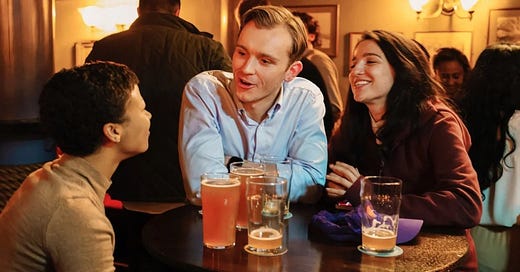



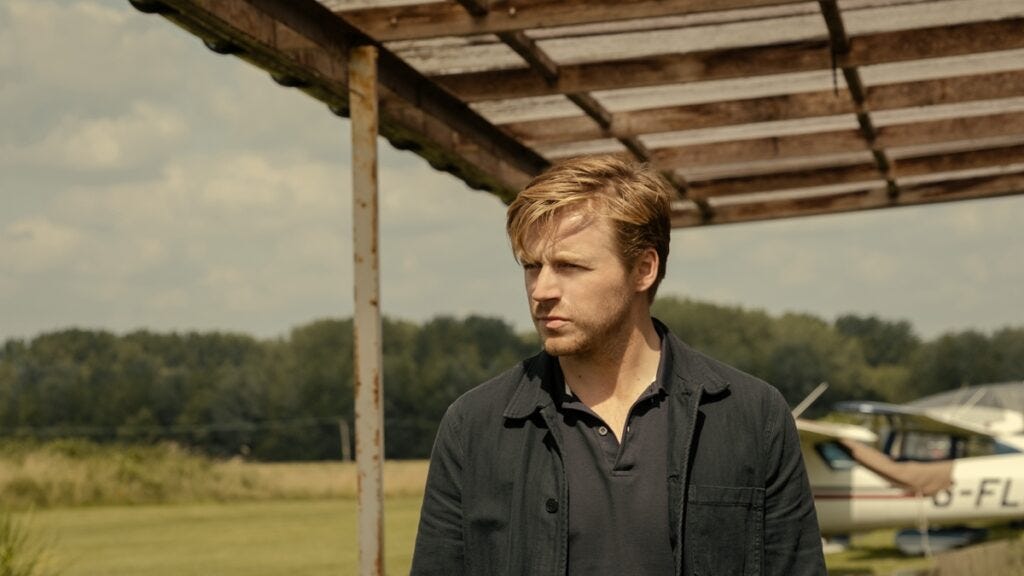
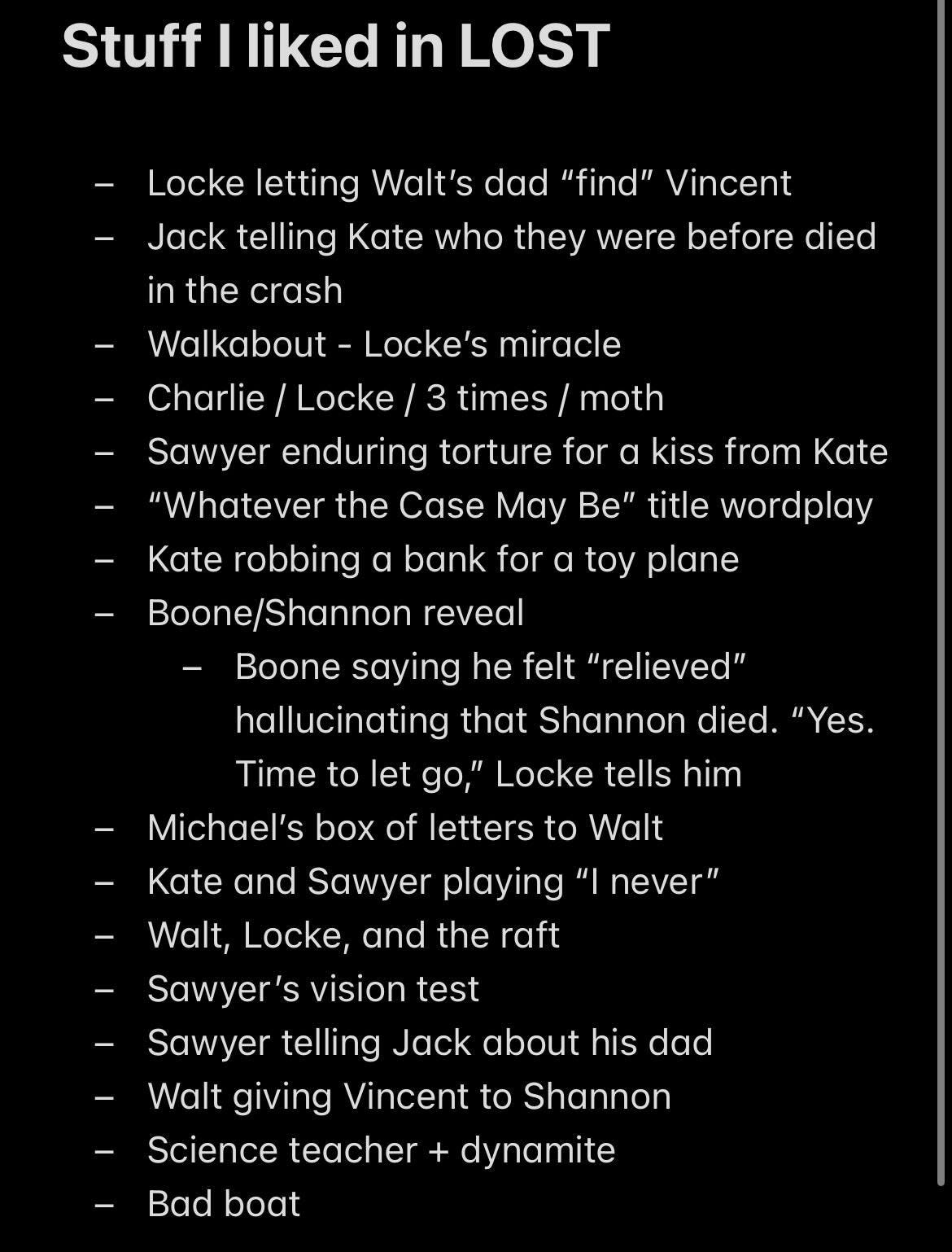

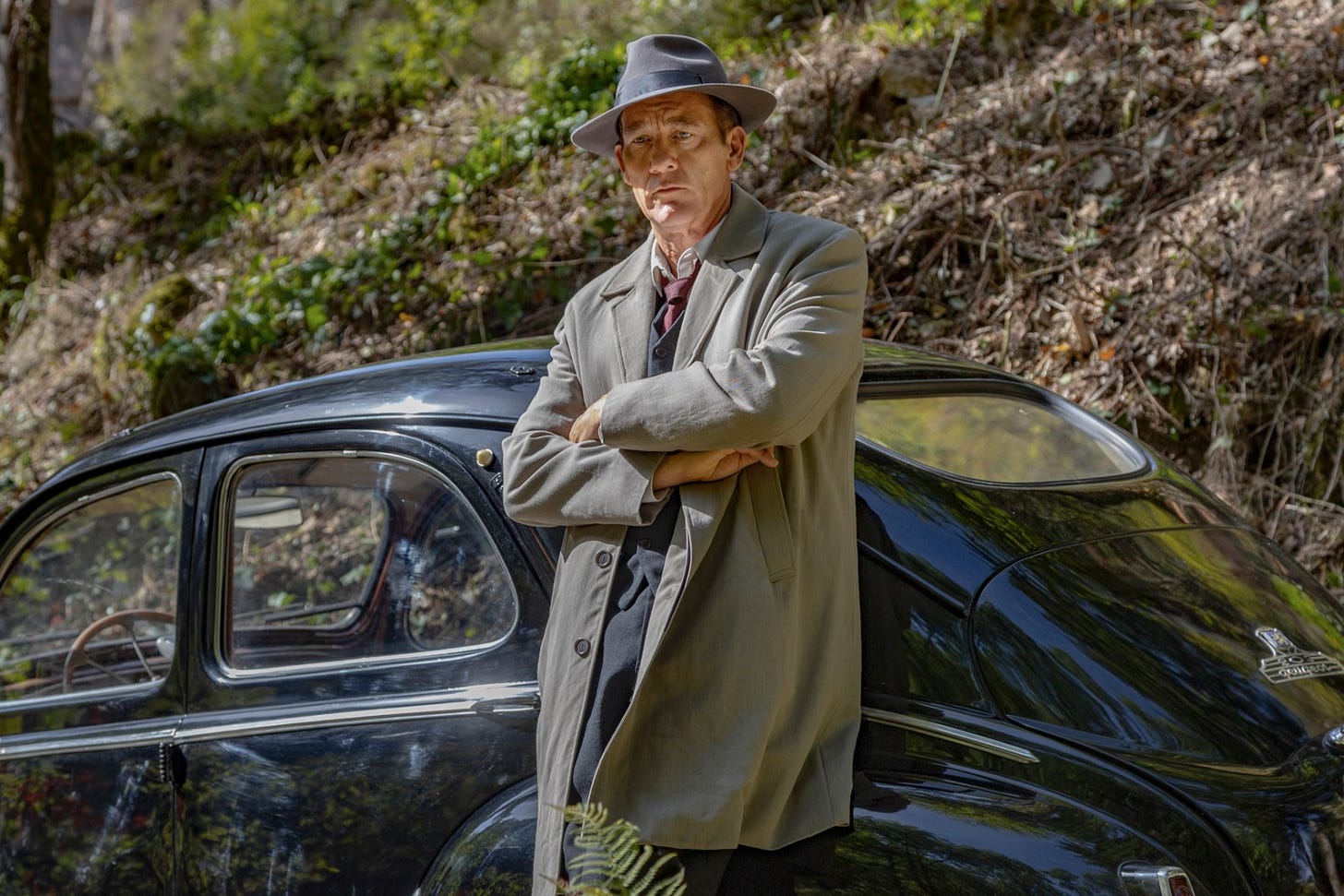
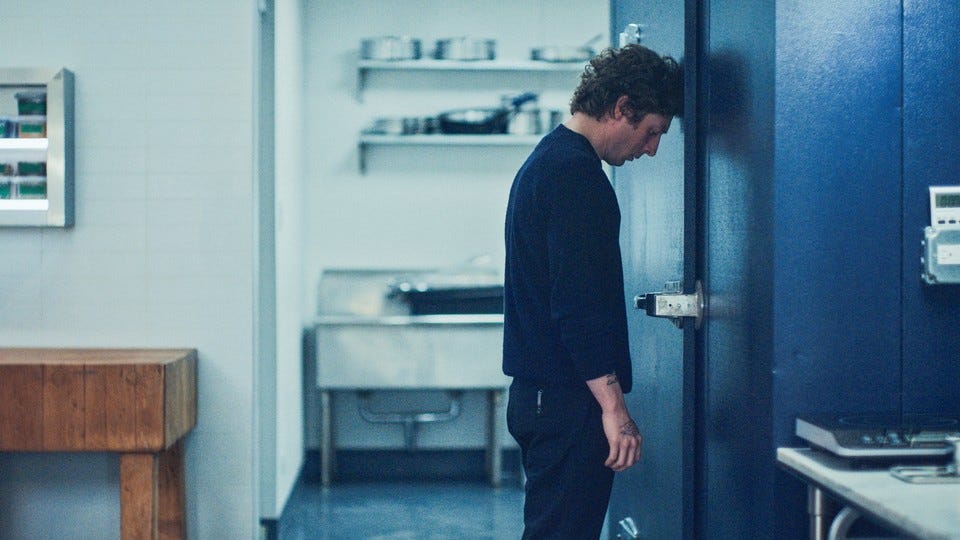
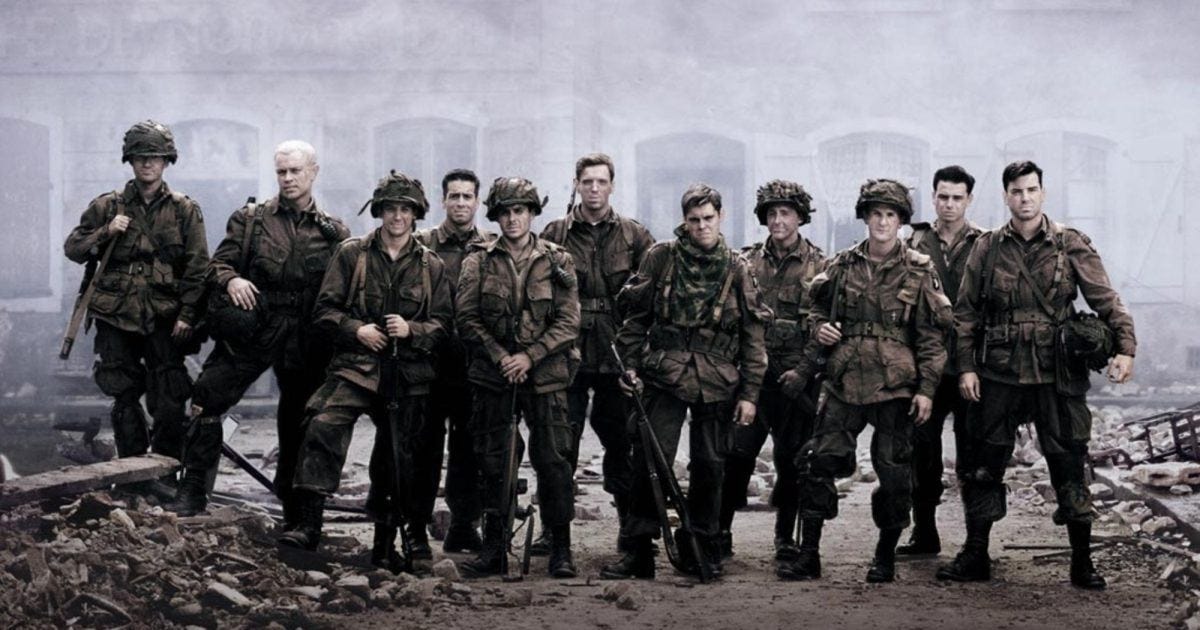
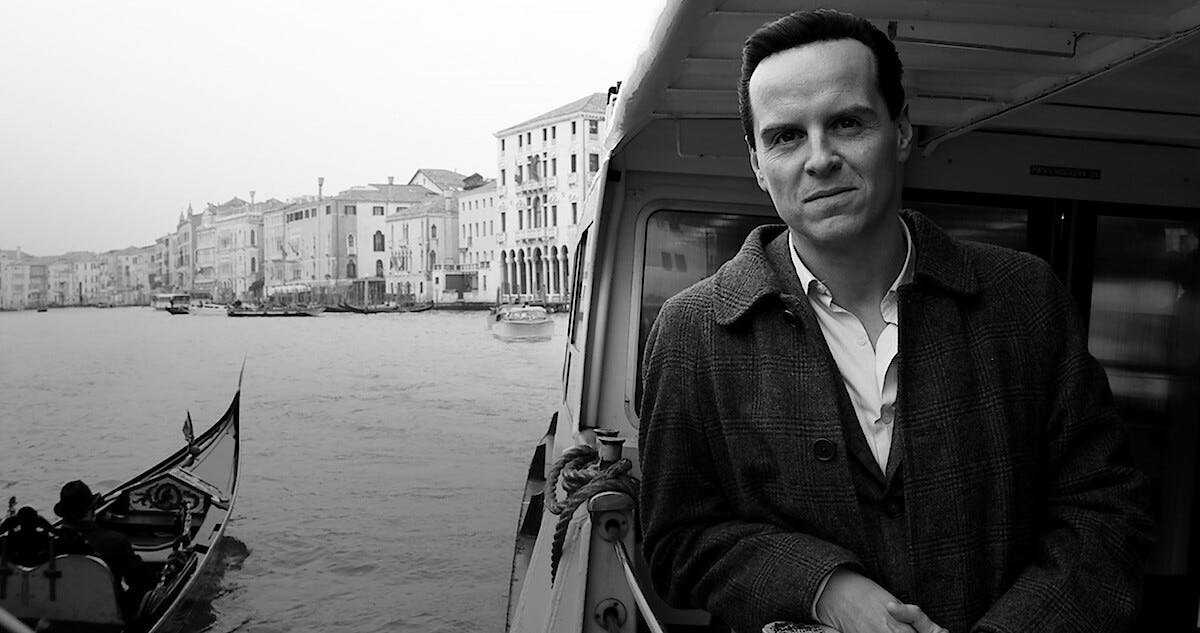
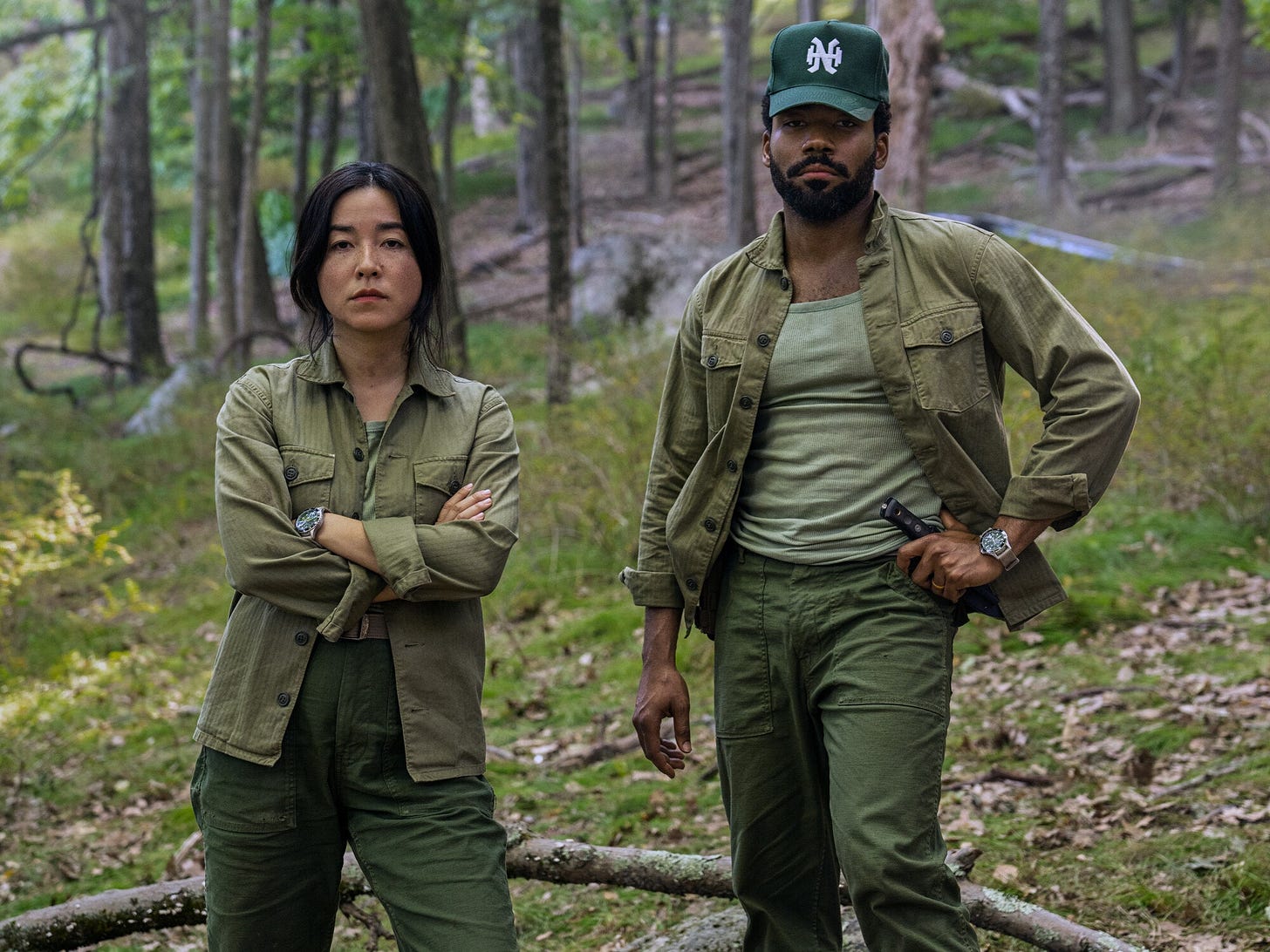
![Why Did Yasmin Agree to Marry [SPOILER] in the 'Industry' Season 3 Finale? Why Did Yasmin Agree to Marry [SPOILER] in the 'Industry' Season 3 Finale?](https://substackcdn.com/image/fetch/$s_!wPEo!,w_1456,c_limit,f_auto,q_auto:good,fl_progressive:steep/https%3A%2F%2Fsubstack-post-media.s3.amazonaws.com%2Fpublic%2Fimages%2Fb14b39e9-4340-4f62-9bb7-699cb16599ad_2000x1000.jpeg)